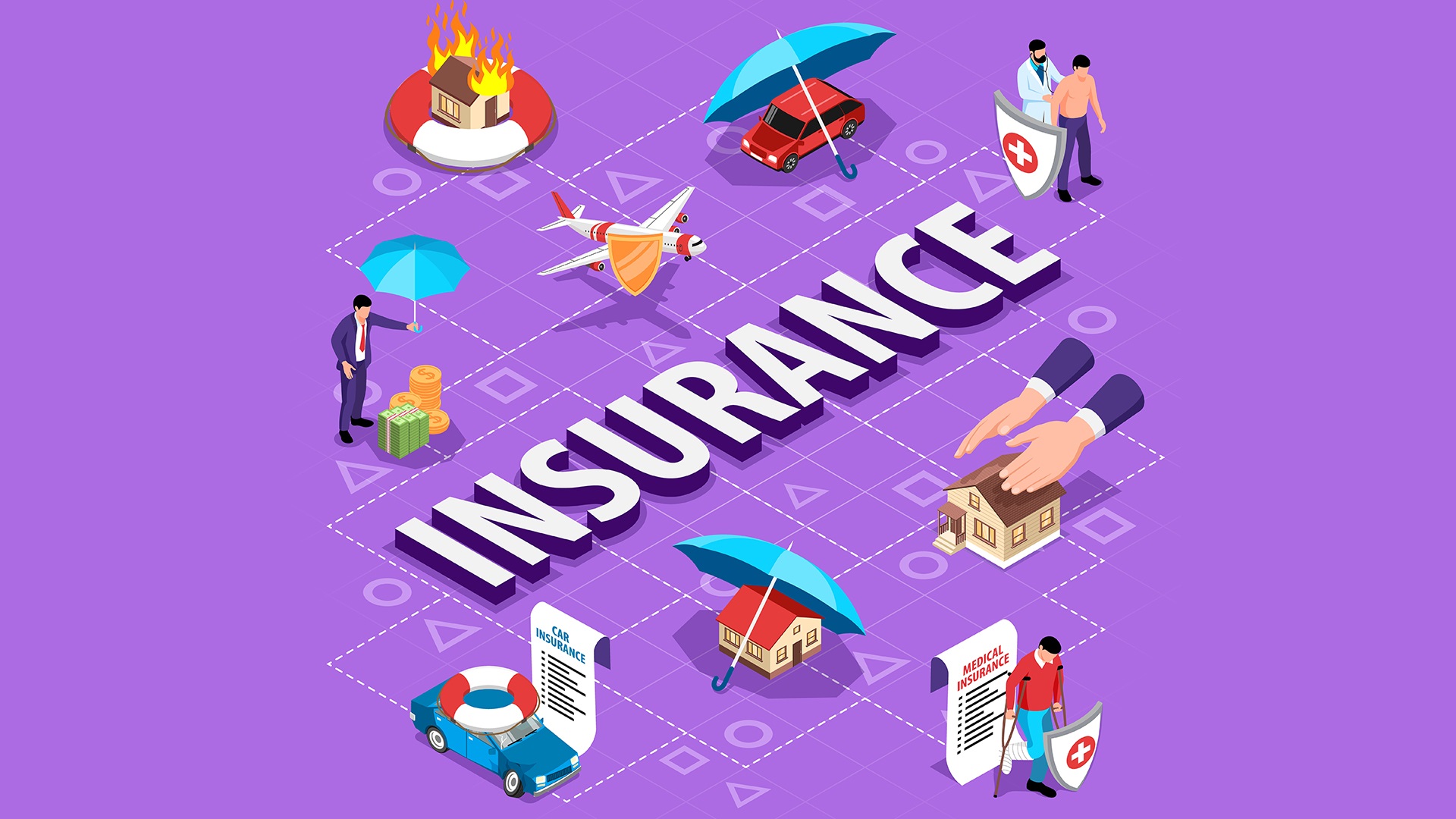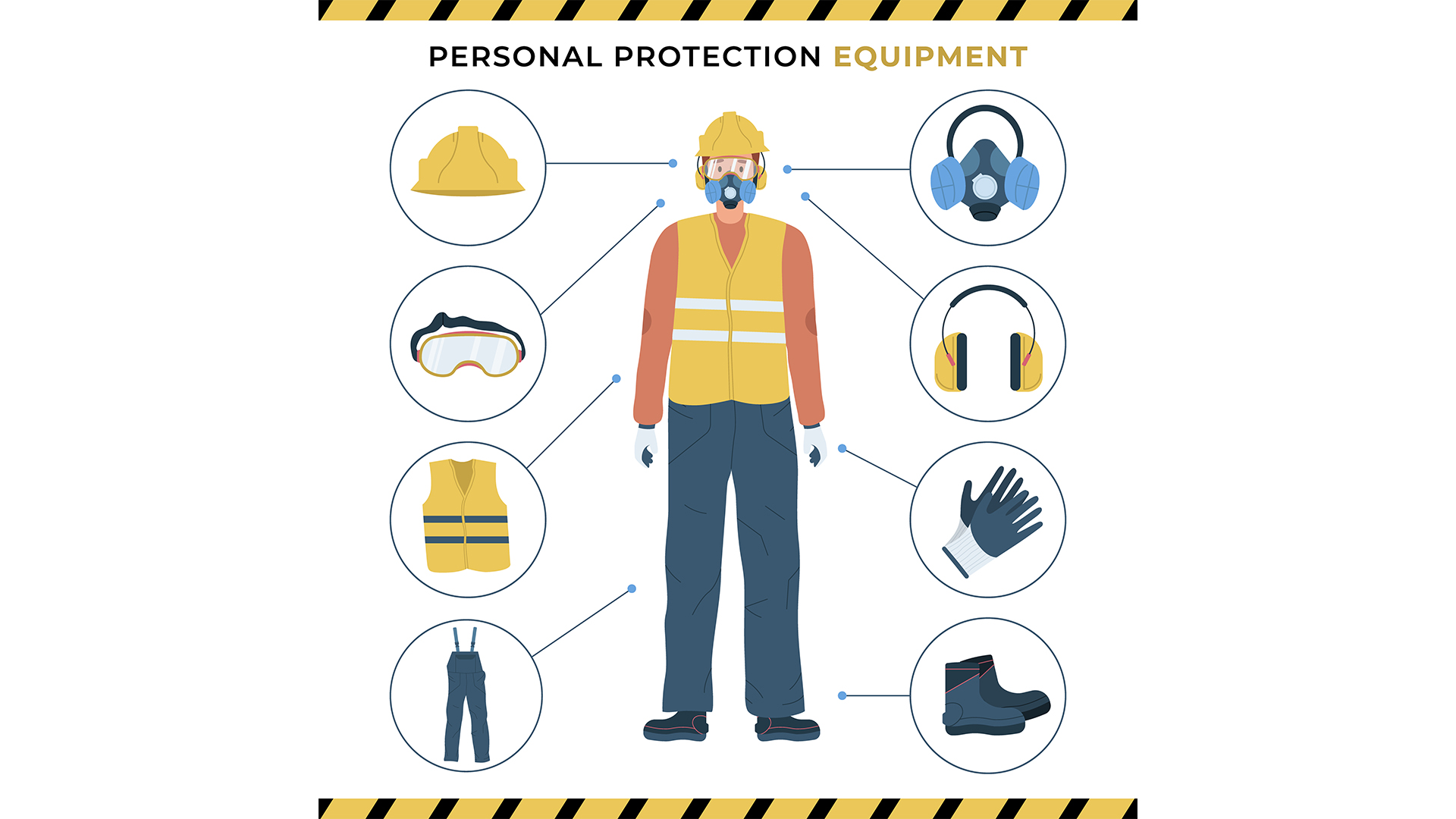
Insurance Risk Management Accelerator
Course overview
Why is risk management in insurance important?
Every aspect of an organization is impacted by risk. Risk’s impact is not contained within predetermined boundaries; a single occurrence can have a profound impact on multiple facets of an organization, hence initiating a series of events that extend beyond the immediate aftermath. The complexity, intrinsic nature, and pervasiveness of risk provide enormous hurdles for managers.
Coordination of risk management across organizational divisions is among the most crucial. It covers the following topics: industrial safety, general insurance principles, major classes of insurance, reinsurance, development and regulation of the insurance industry, risk concepts, classification of risks, management of pure risks through various risk handling tools, and the nature and direction of pure risks, insurance, and reinsurance.
Which qualification in risk management is the best?
Participants will get all the necessary skills in this Training Bee training course to succeed as an insurance risk manager. The course gives you the knowledge and assurance you need to take on duties in these areas by covering all the important facets of insurance risk management, including risk exposure, risk reduction, proper tools, and much more.
Participants will have the chance to showcase your skills and abilities through this Training Bee course, which will also support several career paths in a range of companies.
Introduction
Greetings and welcome to the Insurance Risk Management Course! We will go through the dynamic and complex world of insurance risk management in this extensive seminar. You professionals in the insurance field are vital to protecting people and companies from unforeseen financial risks. The purpose of this course is to provide you with the information, abilities, and tactics required to successfully negotiate the intricate world of risks and guarantee the long-term viability of your insurance business.
After completing this insurance risk management training course, you will have the knowledge and abilities necessary to anticipate risks, adjust to shifting conditions, and support the long-term success of your company in a sector that is becoming more and more dynamic.
We are The Training Bee, a global training and education firm providing services in many countries. We are specialized in capacity building and talent development solutions for individuals and organizations, with our highly customized programs and training sessions.
Prepare to investigate, acquire knowledge, and improve your proficiency in insurance risk management! Let’s embark on this fulfilling journey together.
Learning Objectives
Upon completing Insurance Risk Management Certification, participants will be able to:
- Recognizing the basic idea of risk
- Having a solid understanding of the fundamental risk categories
- Acquiring the understanding of the concepts behind insurance
- Possessing a thorough understanding of the insurance sector
- developing one’s capacity to successfully interpret the structure and use of reinsurance
- Being able to recognize and quantify business risks and exposures
- Knowing what the best risk management tools are to choose from
Our Unique Training Methodology
This interactive course comprises the following training methods:
- Journaling – This consists of setting a timer and letting your thoughts flow, unedited and unscripted recording events, ideas, and thoughts over a while, related to the topic.
- Social learning – Information and expertise exchanged amongst peers via computer-based technologies and interactive conversations including Blogging, instant messaging, and forums for debate in groups.
- Project-based learning
- Mind mapping and brainstorming – A session will be carried out between participants to uncover unique ideas, thoughts, and opinions having a quality discussion.
- Interactive sessions – The course will use informative lectures to introduce key concepts and theories related to the topic.
- Presentations – Participants will be presented with multimedia tools such as videos and graphics to enhance learning. These will be delivered engagingly and interactively.
Training Medium
This Insurance Risk Management Certification training is designed in a way that it can be delivered face-to-face and virtually.
Course Duration
This training is versatile in its delivery. The training can be delivered as a full-fledged 40-hour training program or a 15- hours crash course covering 5 hours of content each day over 3 days
Pre-course Assessment
Before you enroll in this course all we wanted to know is your exact mindset and your way of thinking.
For that, we have designed this questionnaire attached below.
- Give a definition of insurance and outline its main goals.
- Make a distinction between general (non-life) insurance and life insurance.
- What is risk management, and how does the insurance sector fit into it?
- Describe the steps involved in risk management, such as identification, assessment, and treatment.
- Talk about the significance of risk transfer and retention in risk management.
- What are the main elements of a typical insurance policy?
- Distinguish between insurance coverage provided by third parties and first parties.
- Describe the differences between umbrella and excess insurance policies.
Course Modules
This Insurance Risk Management Certification covers the following topics for understanding the essentials of the Agile Workplace:
Module 1 – Danger and Related Subjects
- The Meaning of Danger
- Risk Classifications
- Hazard and Unpredictability
- Probability and Risk
Module 2 – Management of Risks
- Phases of the Process for Risk Management
- Identification of Risks
- Measuring Risk
Module 3 – Insurance
- Overview of Insurance
- Features of Insurance
- Important Factors for Insurable Risk
- Comparing Insurance and Gambling
- Comparing Insurance and Speculation
Module 4 – Legal Foundation for Insurance Agreements
- The Indemnity Principle
- The Insurable Interest Principle
- Subrogation Principle
- Concept of Absolute Good Faith
Module 5 – Life and Health Insurance
- Getting Life Insurance Financed
- Different Types of Life Insurance Policies
- Calculating the Premium
- Insurance for Workers’ Compensation
Module 6 – Additional Non-Life Insurance
- Insurance for Liability
- Insurance Against Burglaries
- Fire Defense
- Auto Insurance
- Aviation Liability
Module 7 – Insurance for Corporate Risk
- Determine, evaluate, and control the risks that your company faces.
- Choosing and implementing risk-financing and risk-control strategies
- Transfer techniques for insurance and non-insurance
Module 8 – Rules and Insurance
- Systems for Distributing Insurance
- Underwriting of Liability and Property Insurance
- Give up control
- Elevated Assessment Services
Module 9 – Insurance Declarations
- Household Building
- Getting Estimates Ready
- Time/Merchandise Element Delay
- Vehicle Physical Damage
Post-course Assessment
Participants need to complete an assessment post-course completion so our mentors will get to know their understanding of the course. A mentor will also have interrogative conversations with participants and provide valuable feedback.
- Describe the basic goal of insurance and how risk management is aided by it.
- List the steps in the risk management process along with their importance.
- Talk about the role that risk assessment plays in efficient risk management in the insurance industry.
- What part does underwriting play in risk management for insurance?
- Describe the main elements and phases of the claims handling procedure.
- Talk about how reinsurance helps the insurance business share risk.
- Distinguish between different kinds of reinsurance contracts.
- Determine and elucidate any new hazards that were covered in the training.
- Talk about the potential effects of climate change and technology improvements on insurance risks.
Lessons Learned
Holistic Risk Management: Attendees discovered that conventional underwriting and claims handling are not the only aspects of efficient risk management. It includes a thorough comprehension of new risks, legal compliance, and tactical issues in a quickly changing insurance market.
Embracing Innovation: The course focused on how technology is revolutionizing the insurance industry. The participants investigated creative approaches to risk assessment, data analytics, and digital platforms, realizing that adopting new technology is necessary to remain competitive and adaptable to new threats.
Adapting to Emerging Risks: Participants engaged in a thorough discussion of emerging risks, encompassing issues related to cybersecurity, climate change, and socio-economic transformations. In order to prepare for a future in which risk landscapes are dynamic and interconnected, the training emphasized the necessity for insurers to proactively identify and handle these emerging risks.
Regulatory Compliance and Ethical Standards: Knowledge of the regulatory landscape and adherence to moral principles have become essential components of prudent insurance risk management. Participants acquired knowledge about the repercussions of breaking the law and the critical role ethics play in upholding industry confidence.






